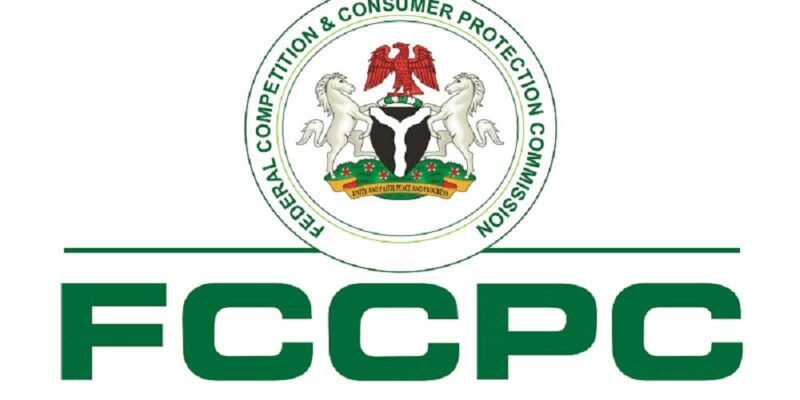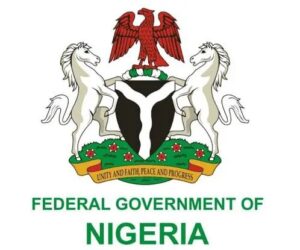The Federal Competition and Consumer Protection Commission (FCCPC) has announced the Nigerian banking and fintech sectors as the primary source of consumer complaints received and resolved across key sectors of the Nigerian economy in 2025. The complaints covered a range of issues, including unfair charges, service failures, unauthorised deductions, deceptive marketing, and inadequate disclosure of terms.
In a statement released via its X page (formerly Twitter), the commission explained that data compiled from the FCCPC’s complaint resolution platforms provided insight into the patterns and prevalence of consumer frustration across 30 sectors. The top 10 sectors by number of complaints received between March and August 2025 were led by banking (3,173 complaints), followed by Fast Moving Consumer Goods (FCMG) (1,543), fintech (1,442), and electricity (458).

Other notable sectors included e-commerce (412), telecommunications (409), retail/wholesale/shopping (329), aviation (243), information technology (131), and road transport and logistics (114).
In a testament to the scale of consumer harm, the FCCPC resolved 9,091 complaints during the reporting period and recovered over ₦10 billion for consumers.
This enforcement action and the new data underscore the FCCPC’s commitment to holding businesses accountable and promoting fair market practices. It said the new regulations are specifically designed to address “exploitative practices, data privacy violations, abusive loan recovery tactics, harassment, and anti-competitive behaviour by certain digital lenders and their partners within Nigeria’s rapidly growing digital credit market.”
See also: Loan apps: FCCPC begins enforcement of regulations to curb harassment and data violations
However, the publication of sector-specific complaint data aligns with the Commission’s mandate under Sections 17(a) and 17(j) of the FCCPA 2018, which empower it to enforce consumer protection laws and make information on its functions available to the public.
In response to this, Mr. Tunji Bello, the Executive Vice Chairman/Chief Executive Officer of the FCCPC, said, “These numbers are not just statistics; they tell the story of consumer frustration and the daily challenges Nigerians face in essential services. However, the FCCPC is determined to hold businesses accountable, ensure compliance with the FCCPA, and promote fair market practices that protect the welfare of all consumers.”


Enforcement of New Digital Lending Regulations
This high incidence of dispute resolutions linked to banks and fintech sectors coincides with the unveiling of a new regulation by FCCPC to curb abuses in Nigeria’s digital lending sector.
This move comes after the commencement of its newly issued Digital, Electronic, Online, or Non-Traditional Consumer Lending Regulations (2025) on Wednesday, September 3rd, 2025, aimed to address the unruly debt recovery process of loan apps and their frequent violations of data privacy.
By tying the high volume of complaints to the formal enforcement of these rules, the FCCPC is transitioning from reactive ad-hoc interventions to a proactive, legally-backed oversight.
A Call for Inter-Agency Collaboration
According to FCCPC, banking and fintech dominate by financial impact, signaling a pressing need for stronger collaboration between the FCCPC and the Central Bank of Nigeria (CBN). This joint effort is crucial to ensure that consumer protection measures are harmonized and effectively enforced across the financial services landscape.
With 458 reported complaints, the electricity sector ranks 4th overall, behind banking, financial services, and FCMG, highlighting persistent billing disputes, service delivery failures, and the need for stronger coordination between the FCCPC, NERC, state electricity regulatory agencies, and electricity distribution companies (DisCos).


E-commerce disputes are relatively low-value but high-frequency, signaling broad consumer exposure at the retail level. While average monetary losses per complaint are low, the volume and recurrence of disputes (deliveries, refunds, counterfeit goods) reveal e-commerce as a growing consumer pain point.
Encouraging Corporate Accountability
The Commission, as stated in the report, encourages regulated entities to analyse these data trends and proactively strengthen their internal complaint mechanisms. It reinforces its commitment to intensifying its monitoring and enforcement efforts, with a particular focus on financial and utility services where patterns of consumer exploitation are most evident. us on financial and utility services where patterns of consumer exploitation are most evident.








